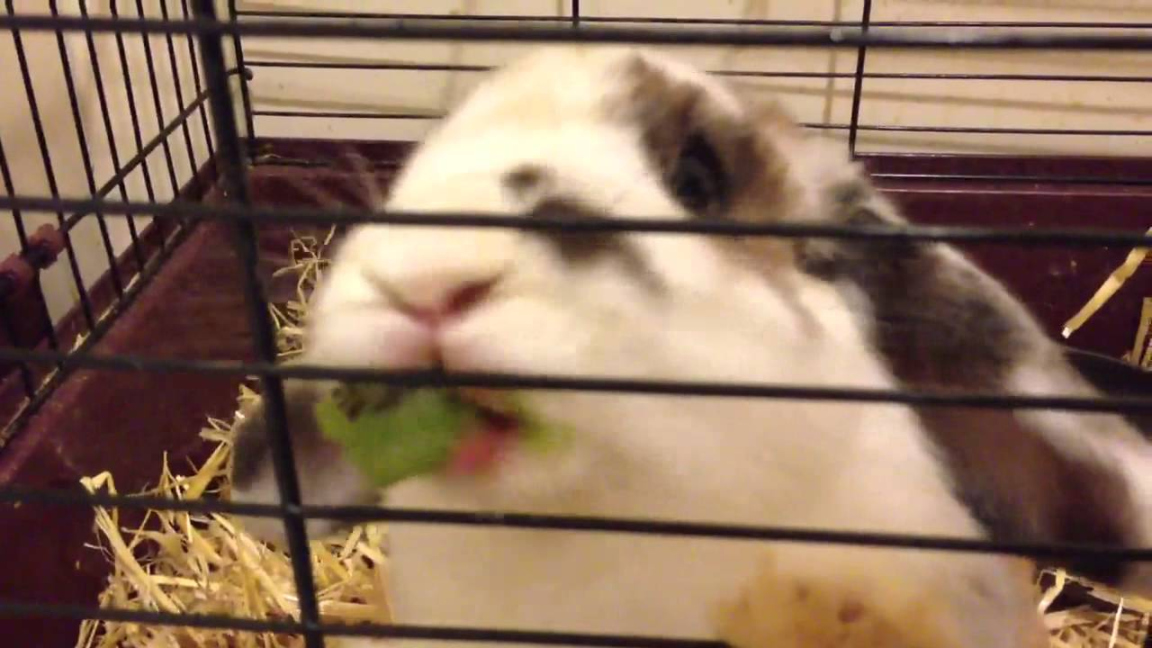Can Rabbits Eat Kiwi?
When it comes to feeding your furry friend, it’s important to provide a balanced diet that meets all their nutritional needs. While rabbits are primarily herbivores and thrive on a diet of hay, vegetables, and some fruits, it’s essential to ensure that the foods you offer are safe for them to consume. One fruit that often raises questions among rabbit owners is the kiwi. So, can rabbits eat kiwi? Let’s find out!

The Nutritional Content of Kiwi
Kiwi, also known as the Chinese gooseberry, is a vibrant and delicious fruit packed with a variety of nutrients. Here is a breakdown of the nutritional content of kiwi:
- Vitamin C: Kiwi is an excellent source of vitamin C. In fact, it contains more vitamin C than oranges!
- Vitamin K: Kiwi also provides a good amount of vitamin K, which is essential for blood clotting and bone health.
- Fiber: Kiwi is rich in dietary fiber, which aids in digestion and promotes a healthy gut.
- Potassium: This fruit is a great source of potassium, which plays a vital role in maintaining heart health and regulating blood pressure.
- Antioxidants: Kiwi is loaded with antioxidants that help protect cells from damage caused by free radicals.
Is Kiwi Safe for Rabbits?
The good news is that kiwi is generally safe for rabbits to consume in moderation. However, there are a few important factors to consider before adding kiwi to your rabbit’s diet:
Remember to always introduce new foods gradually. Rabbits have sensitive digestive systems, so it’s important to introduce new foods slowly to avoid upsetting their stomachs. Start by offering a small piece of kiwi and observe how your rabbit reacts. If there are no signs of digestive upset, you can gradually increase the amount. If you notice any adverse reactions, such as diarrhea or bloating, remove kiwi from their diet.
Kiwi should only be given as an occasional treat and should never replace the main components of a rabbit’s diet, such as hay and fresh vegetables. Remember, a rabbit’s diet should consist primarily of hay to support its dental health and proper digestion.
How to Feed Kiwi to Your Rabbit
If you decide to offer kiwi to your rabbit as an occasional treat, here are a few important guidelines to follow:
- Choose ripe kiwis: Make sure the kiwis you offer to your rabbit are ripe. Unripe kiwis can be quite acidic and may cause digestive issues.
- Remove the skin: Before feeding kiwi to your rabbit, peel off the furry skin. Rabbits may find the texture of the skin unappetizing and have difficulty digesting it. Only offer soft, juicy flesh.
- Limit the portion size: Kiwis should be given in small portions to prevent overconsumption. A few small slices or cubes a couple of times a week should suffice.
- Watch for allergies: Just like humans, rabbits can have allergies too. If you’re offering kiwi for the first time, keep a close eye on your rabbit for any signs of an allergic reaction, such as itching, swelling, or difficulty breathing. If any symptoms occur, contact your veterinarian.
Frequently Asked Questions (FAQs)
1. Can rabbits eat kiwi skin?
No, rabbits should not eat the skin of a kiwi. The skin is furry and difficult to digest for rabbits. It’s best to peel off the skin and only offer the soft flesh of the fruit.
2. How often can I give kiwi to my rabbit?
Kiwi should only be given as an occasional treat. Offering a few small slices or cubes a couple of times a week is sufficient. Remember to monitor your rabbit for any adverse reactions.
3. Are there any risks associated with feeding kiwi to rabbits?
While kiwi is generally safe for rabbits, there is a risk of digestive upset if offered in large quantities or if your rabbit has a sensitive stomach. Always introduce new foods gradually and monitor your rabbit’s reactions.
4. What are some other safe fruits for rabbits?
Rabbits can enjoy a variety of fruits in moderation, including apples, bananas, strawberries, and blueberries. Remember to remove any seeds or pits and introduce them gradually into your rabbit’s diet.
Related Articles…
Copyright Notice:
All images featured on this site are sourced from the internet, copyrights belong to respective owners. Should you own any image and require it to be removed, please contact us.